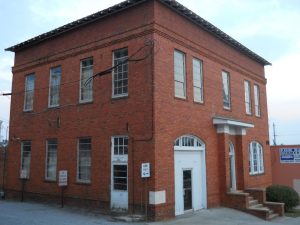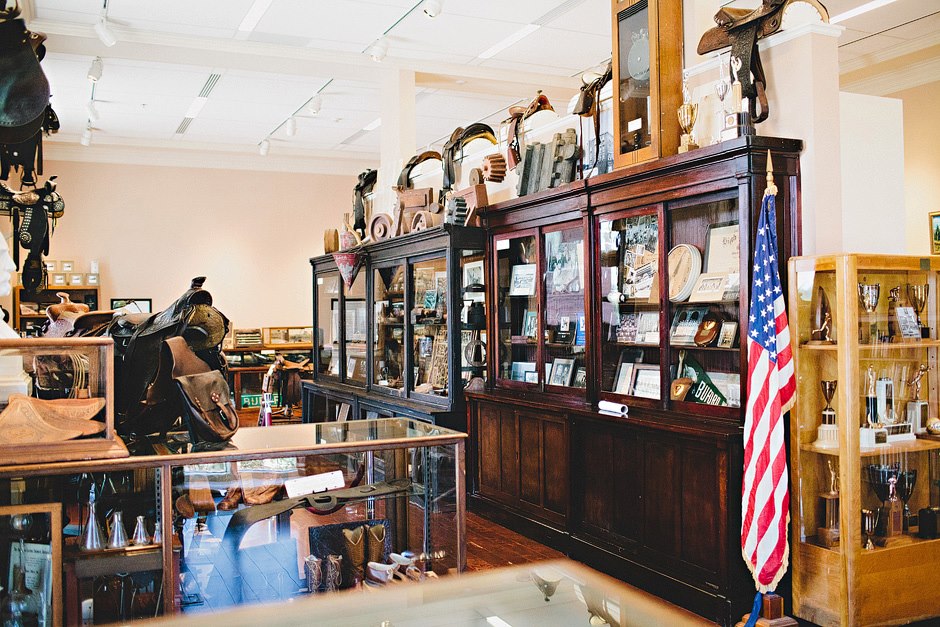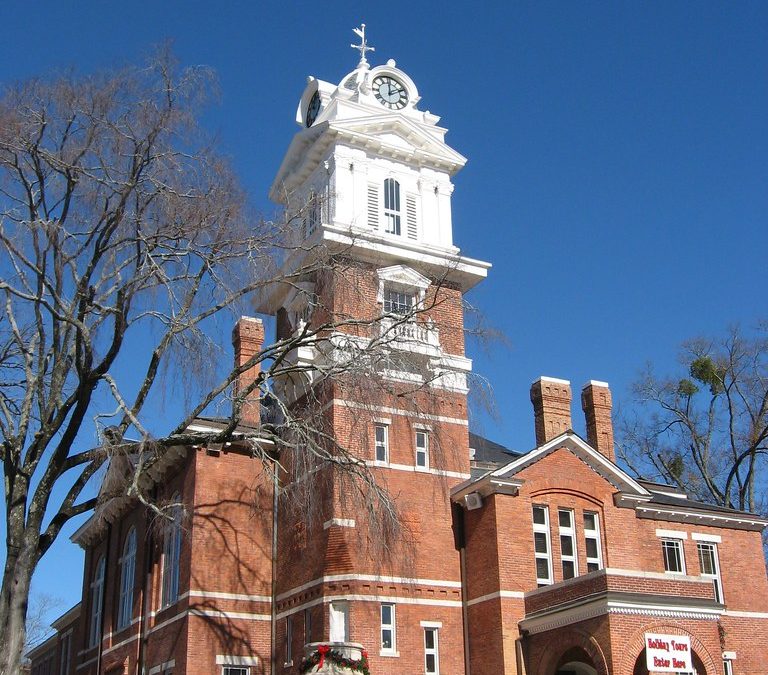Welcome to Buford, Georgia, a city with a rich tapestry of history that dates back to over a century ago. Let’s dive into the fascinating journey of Buford from its early beginnings to the bustling city it is today. Nestled in Gwinnett County, this area has evolved from sparse settlements to a center of commerce and community life. Join us as we unearth the roots of Buford and celebrate the progress this charming city has made through the years.
In the 1860s, Buford was scarcely populated, with the King, Sudderth, and Wilson families among the earliest settlers. Silas King, the first non-Indian to live in what is now downtown Buford, was an evangelical Baptist minister. Not long after the Civil War, the town’s foundation was laid with the construction of the railroad from Atlanta to Charlotte, transforming what was once a mere railway camp into the beginnings of a thriving town named after A.S. Buford, the railroad president. The town’s establishment was marked by key developments, including the construction of a hotel and the first store, setting a foundation for growth and community.

- Museum Of Buford: Preserving the city’s origins and history. Source: museumofbuford.com
The formal incorporation of Buford on August 24, 1872, brought organization and governance to the budding community, with the appointment of its first commissioners. Adam Pool, a prominent figure, was among the city’s early merchants and served various roles including postmaster, showcasing the growing civic structure of Buford. Industries began to flourish thanks to the leadership of figures like Robert H. Allen, who established the first leather industry, marking the beginning of Buford’s reputation as a hub for commerce and innovation.
Buford’s civic growth was equally impressive, with the early establishment of churches and contributions by town leaders laying down the groundwork for a cohesive community. T.S. Garner, for instance, donated land for churches and schools, illustrating the town’s commitment to community and education. The city’s evolution from a town to a city in 1896 further solidified its municipal governance, ushering in a new era of development and community organization.
Entering the 20th century, Buford epitomized industrial growth, earning the nickname “The New York of Gwinnett” due to its booming economy and vibrant merchant community. While the city faced challenges like devastating fires, the resilience of the Buford community shone through, with rebuilding efforts leading to the replacement of wooden buildings with brick structures. This perseverance not only highlights the indomitable spirit of Buford’s residents but also underscores the city’s ongoing development and adaptation through adversity.
Today, Buford stands as a testament to its rich heritage and resilient community. From its early days of railroad camps and modest settlements to the bustling city it is now, Buford’s history is a captivating story of growth, community, and progress. Whether you’re a long-time resident, considering making Buford your home, or a local business owner, there’s a shared pride in being part of this city’s wonderful legacy and promising future. Welcome to Buford, where history and community come together to create a place truly unlike any other.






